Resolution #417
 |
The question of improving third level institutions in LEDC’s. |
| Committee: SOCHUM | |
| Main Submitter: United Arab Emirates | |
| Submitted: 14/02/2025 20:43 |
| Status |
|---|
| Passed cosubmitter sheet validation |
| Approved by approval panel |
| Selected for debate by secretariat |
| Passed by committee (SOCHUM) |
Committee Voting
| For: | 39 |
| Against: | 5 |
| Abstentions: | 12 |
Options
Co-submitters
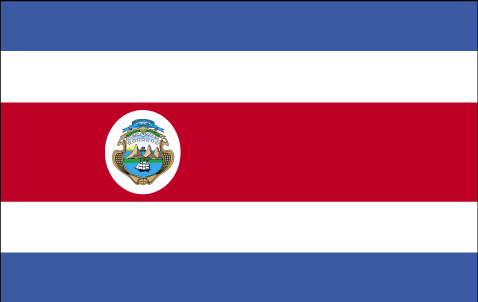 | Costa Rica |
 | France |
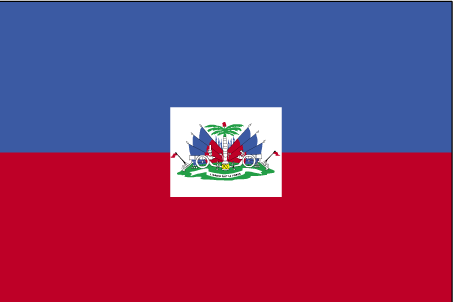 | Haiti |
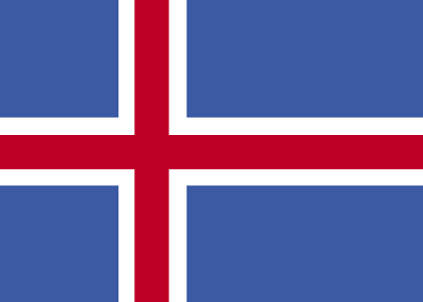 | Iceland |
 | Ireland |
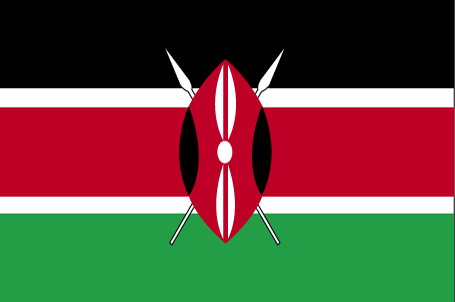 | Kenya |
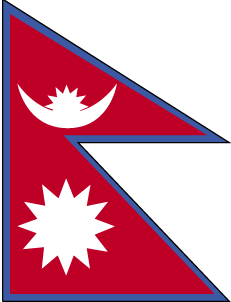 | Nepal |
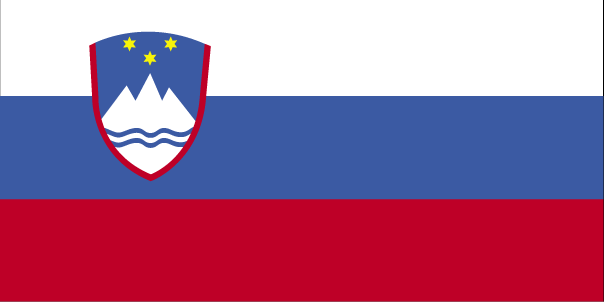 | Slovenia |
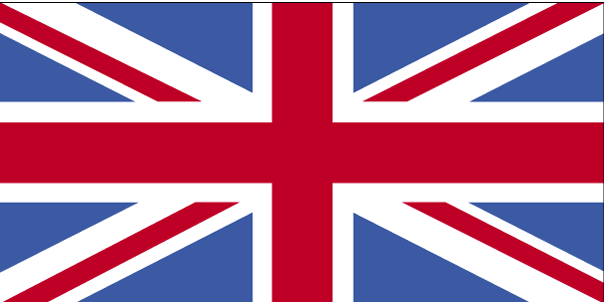 | United Kingdom |
 | USA |
Resolution
FORUM: Social, Humanitarian & Cultural Committee (SOCHUM)
THE QUESTION OF: The human rights implications on Artificial Intelligence (AI) and surveillance technologies
SUBMITTED BY: United Arab Emirates
CO-SUBMITTED BY: France, Iceland, Ireland, Slovenia, United Kingdom, United States of America
THE SOCIAL, CULTURAL AND HUMANITARIAN COMMITTEE,
Alarmed by the fact that AI and surveillance technologies can intrude into individuals’ lives,
Emphasizing the importance of enacting regulations in protecting personal data and privacy rights from violations that surveillance technologies may cause,
Deeply concerned about the possible increase of human rights violations due to the increase of the usage of artificial intelligence and surveillance technologies by individuals and
governments,
Recalling the Universal Declaration of Human Rights, the International Covenant on Civil and Political Rights, and the United Nations (UN) Guiding Principles on Human Rights, which emphasize the protection of privacy and the right to non-discrimination,
1. Calls for the establishment of a commission under the SOCHUM committee named the Human Rights and AI Awareness Commission (HRAAC), which will be responsible for ensuring that AI technologies are developed in ways that respect and uphold human rights by:
a. conducting regular evaluations of AI and surveillance technology’s impact on human rights, publishing an annual report titled “The State of AI and Human Rights” aiming to identify emerging risks and human rights violations related to AI such as unlawful data collection
b. developing and implementing educational programs on AI ethics, legal implications, and risks, targeting policymakers, civil society, and the public by:
i. training United Nations-approved volunteers to ensure standardized AI and human rights education worldwide
ii. creating structured educational materials outlining AI’s benefits, risks, and ethical considerations while launching public awareness campaigns to inform citizens of their digital rights and promote responsible AI usage;
c. Uphold and implement the propositions made in UNESCO's Reccomendation on the Ethics of Artificial intelligence, and the OECD's Principles on Artificial Intelligence, following the provided guidelines in both of these standards, ensuring transparency, accountability, effectiveness and fairness in the use of AI in surveillance technology and the development of AI for the purpose of surveillance technologies, the following precautions should further be taken,
- Support and promote trustworthy AI sources, regulated by international bodies, that uphold human rights to the highest standard,
- Nations should create transparent reviews to be given to HRAAC in collaboration with the High Level Advisory Body on AI (HLAB-AI), including how changes in this resolution have affected a nation and other precautions to be taken to contain AI in surveillance technologies,
2. Recommends the creation of an “Ethical AI Seal” under HRAAC to certify AI systems that meet international human rights and transparency standards, to ensure:
a. the prevention of algorithmic bias and the misuse of AI
b. the creation of an independent expert panel under the Ethical AI Seal to oversee AI certification, ensuring accountability through a multidisciplinary panel of AI ethicists, legal experts, and technologists and partnerships with NGOs such as Amnesty International and Algorithmic Justice League
c. taking other measures necessary to maintain its integrity, including periodic evaluations and public reports on its operations: quarterly internal assessments would review the panel's decision-making mechanisms to check whether they align with ethical guidelines;
3. Encourages the promotion of Public Awareness Campaigns to highlight AI-related human rights risks by launching media campaigns featuring AI ethics discussions, partnering with influential figures and NGOs to:
a. engage diverse audiences,distributing accessible information on AI rights and privacy protection
b. emphasize the importance of the developing AI technologies’ effect on human rights
c. To implementation modules in schools and community centres which will teach the safe use of AI;
4. Further encourages international collaboration among member states, research institutions, and private sector stakeholders to develop ethical AI frameworks that align with global human rights principles and facilitate knowledge exchange through shared best practices and joint initiatives, by;
- establishing a UN-level global AI Ethics Forum as a platform of deliberation for policymakers, technologists, and human rights practitioners to debate and determine AI governance strategies to be inclusive in AI policymaking
- creating an AI best practices repository within the HRAAC to share and offer case studies, research findings, and successful AI governance models so that member states can refer to and apply tested measures in safeguarding human rights;
5. Recommends the SOCHUM committee to develop and implement a volunteered training and certification program for personnel operating surveillance devices, such that their practices align with human rights standards by:
a. developing moral training modules addressing privacy rights nondiscrimination, and proportionality of surveillance, subject to periodic renewal of certification to guarantee ongoing conformity with changing human rights norms
b. partnering with UN High Commissioner For human rights, attorneys, and AI ethicists to create such specialist programs in accountable data gathering, algorithmic clarity, and danger reduction;
6. Calls for dialogue among all member states, facilitated by SOCHUM, DISEC, and relevant UN bodies, to regulate AI in warfare, prevent human rights violations, and establish oversight through:
a. Assessing risks associated with AI-powered military technologies while developing ethical guidelines ensuring compliance with humanitarian law.
b. Establish transparency measures for AI military developments.
c. Promoting international cooperation by encouraging collaboration between governments, tech companies, and civil society to regulate AI in warfare.
d. Using verification mechanisms in the UN to investigate AI-related human rights violations, enforce accountability, and provide technical assistance for ethical AI development.
(PROPOSED BY BELGIUM) 7. Highly encourages the formation of the United Nations Body for Protecting Cyber Security (UNBPCS), a subbody working under the HRAAC, populated by relevant experts that work to combat the use polymorphic malware to externally hack AI technologies, through the employment of methods including:
- The undertaking of zero trust attitudes in cybersecurity, requiring validation for any user, data etc. entering AI technology,
- Analysing and flagging malware based on behaviour within technologies so that it may be tracked regardless of changing signatures,
- The training of AI models to recognise different variants of malware based on heuristic methods rather than typical functions of more exhaustive searching,
- The practice of sandboxing so that such malware may analyse and execute detected malware,
- Othe emerging technologies and methods that may be also employed